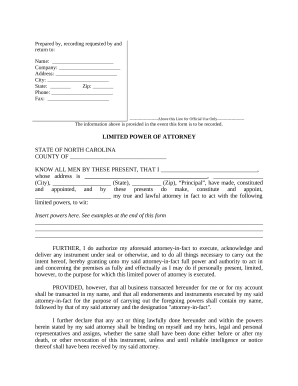
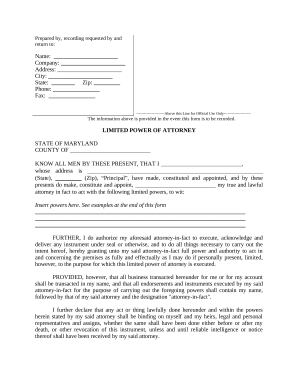
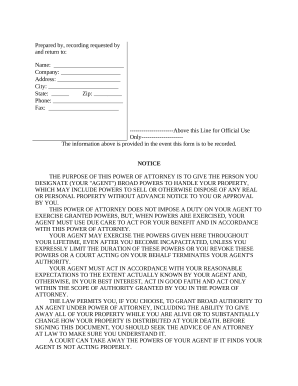
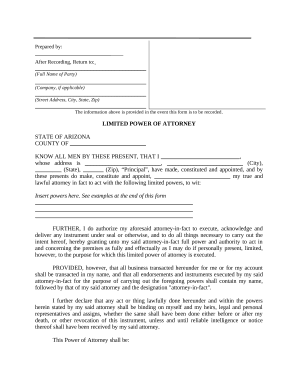
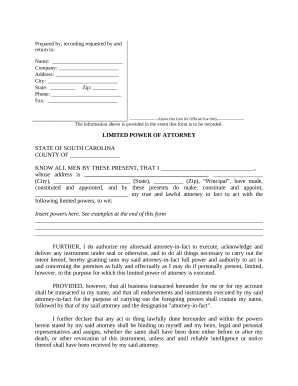
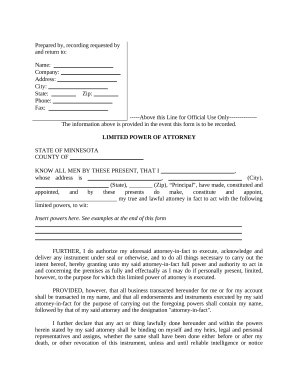
Speed up your document operations using our Specify Powers in Limited Power of Attorney collection with ready-made document templates that suit your needs. Get your form template, modify it, fill it, and share it with your contributors without breaking a sweat. Start working more efficiently together with your documents.
The best way to use our Specify Powers in Limited Power of Attorney:
Explore all the possibilities for your online file administration using our Specify Powers in Limited Power of Attorney. Get your totally free DocHub profile right now!